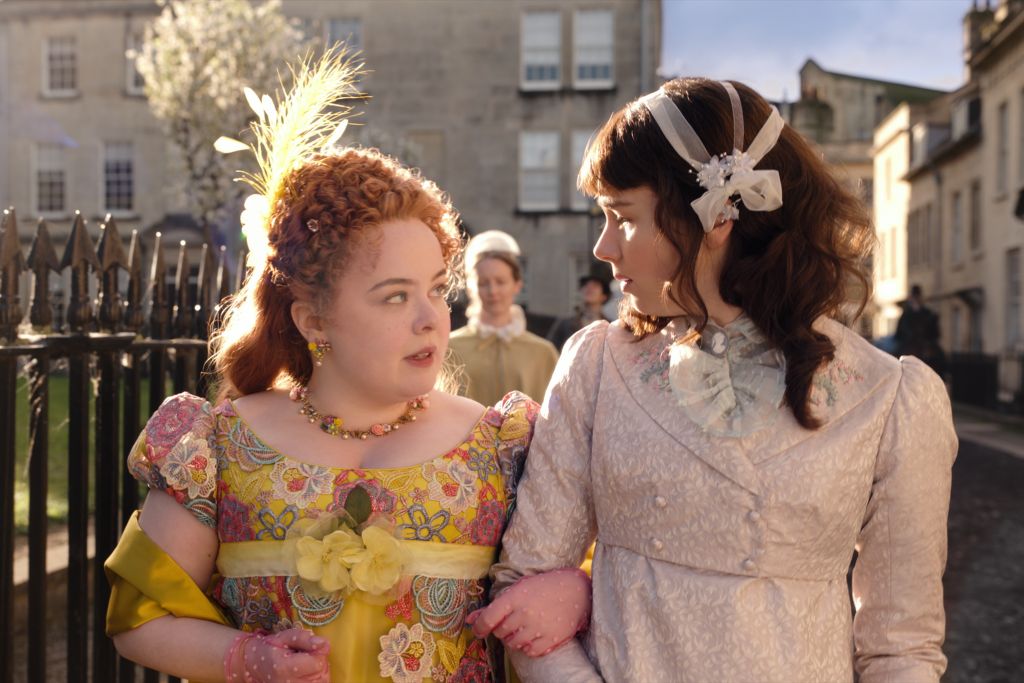It was recently announced that Doctor Who would receive a new showrunner after the current man in charge, Chris Chibnall, and the existing Doctor, Jodie Whittaker, both steps down at the conclusion of the upcoming season. For many fans of Doctor Who around the world, this was received well. This is because the showrunner that will be returning is the same man who revived the series in 2005 and transformed it into a show for a modern age: Russell T Davies. Those who have not been in the loop regarding the current state of Doctor Who might be wondering why this news was received so well, making it important for the current context of Doctor Who to be known.
Doctor Who is one of Britain’s most iconic shows rivalling the popularity of even the James Bond series. Historically, the show was something that was revolutionary and entertaining at the time of its inception and enjoyed this status well into its later years. Soon though, it became apparent that later incarnations of the Doctor were not resonating well with fans, and the show did nothing new during its final years on air. This fact, combined with a lacklustre TV movie led the BBC to cancel the show that defined a generation. Enter 2005, and Mr Davies.
Davies took the classic show and moulded it to appeal to a younger generation by presenting a younger Doctor than what had previously been the trend – a pattern carried for the next two Doctors after that. While the sci-fi nature of the show was still there, Davies created characters that were relatable, had real human problems, and made a point of showcasing how their lives were affected by the Doctor’s presence.
After Davies left, the show was handed over to Steven Moffat, who also enjoyed a successful period for the show. However, it was during this tenure that problems began to emerge. Many episodes were hits, but many were also scathingly reviewed by fans for the unfaithful portrayal of some characters, and overt political messaging. Moffat generally produced enough quality episodes that these issues were not so blown up, but this all changed after he left the show, and left it in the hands of Chibnall.
Despite writing for the show and the spinoff before, it soon became apparent within his first season that he fundamentally does not understand the Doctor. Fans would criticise his tenure as he never truly made the 13th Doctor feel like the same person as all the Doctors before her, which is especially disappointing considering her sex. Chibnall had the opportunity to make the first female Doctor one to remember, but instead he has done a disservice to fans and Jodie Whittaker too. The issues with the show are now listless, but many fans are particularly annoyed with the now blatant political messaging. For example, even the Doctor has previously visited a casino before and played games similar to what can be found at CasinosforMoney Canada, but the era of the First Doctor is one we now find ourselves far away from. Playing casino games like what the Doctor played during the trip to the Imperial Palace of the Kublai Khan is something that would unlikely be seen on TV today.
The return of Davies appears to be a desperate attempt by the BBC to reclaim some of the viewership that simply turned off during the latest seasons, but classic fans of the show will not care. It is exactly these people will no doubt return in preparation for the new era of the show.

“Prone to fits of apathy. Introvert. Award-winning internet evangelist. Extreme beer expert.”








